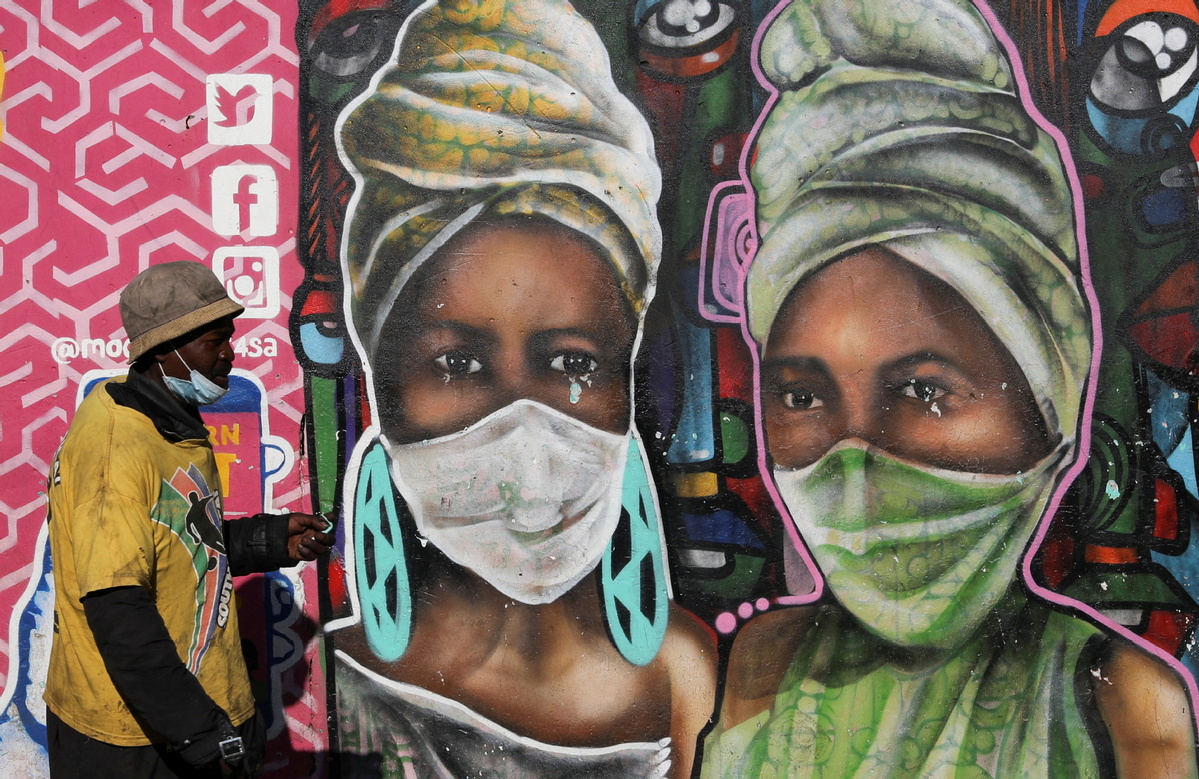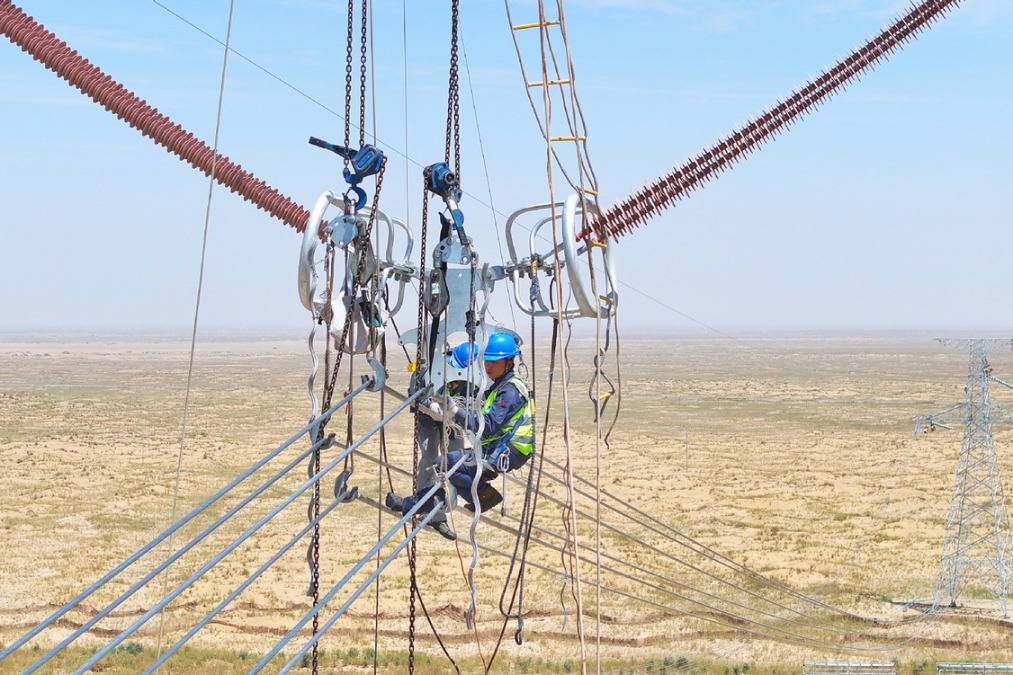We are not safe yet, experts warn Africans


Following a significant decline in the number of new COVID-19 cases since January, many African countries have relaxed restrictions, with some even lifting the remaining ones.
However, experts are calling for caution in the easing of restrictions, noting the pandemic is not yet over and the vaccination rate in the continent still remains low.
John Nkengasong, the director of Africa Centers for Disease Control and Prevention, urged African governments to continue promoting health measures as well as increase vaccination rates even as they ease restrictions.
"We are not yet out of the woods. Over the last two years, we have gone through a series of waves so let's not be deceived because we have seen a low transmission season," Nkengasong said.
He warned the lifting of restrictions may also lead to re-infection as has been the case in Europe and other parts of the world.
Nkengasong added Africa CDC is not encouraging any country to massively lift restrictions.
He urged health experts to continue informing the public what exactly the current decrease in the number of new COVID-19 cases means, noting the current scenario is just a trough of infection season and cases may surge at some point.
Similar sentiments were also shared by Juma Maleve, a clinical officer at Kenya's coastal Mombasa-based hospital, who warned Africans against interpreting eased restrictions to mean COVID-19 is over.
"We are not safe until the pandemic is declared over globally. We are just in a low season of COVID-19 transmissions. We may not know whether there will be an upsurge of another variant so we have to remain vigilant," Maleve said.
He specifically warned Kenyans who are no longer observing health measures after the government lifted the remaining COVID-19 restrictions, including mandatory wearing of face masks and mass gathering.
"People should practice personal responsibility like putting on face masks when in overcrowded areas and observe social distance especially when in the midst of people who present flu-like symptoms. We need to also protect the elderly and those with underlying health conditions," he said.
The World Health Organization also warned African countries against scaling back on COVID-19 measures.
"The pandemic isn't over yet, and preventive measures should be eased cautiously with health authorities weighing risks against anticipated benefits," Matshidiso Moeti, the regional director for Africa, said during a recent virtual news briefing.
"Lifting public health measures does not mean lifting the foot off the pedal of pandemic vigilance."
WHO data indicates 19 African countries have eased restrictions on mass gatherings, while four have lifted mandatory wearing of face masks apart from in public transport or closed spaces.
A WHO survey conducted in March found seven out of 21 countries no longer require quarantine for people exposed to the virus.
Additionally, one country did not require isolation for confirmed cases, while four require isolation for only symptomatic cases.
Based on analysis of open-source data, WHO found by March 15, 22 African countries were no longer carrying out any kind of contact tracing.
The agency found only 13 countries were conducting comprehensive surveillance, while 19 were carrying out prioritized contact tracing.
"It is a matter of concern that nearly half of all countries in Africa have stopped tracing contacts of cases," Moeti said.
"This, along with robust testing, is the backbone of any pandemic response. Without this critical information, it is difficult to track the spread of the virus and identify new COVID-19 hotspots that may be caused by known or emerging variants."
WHO noted vaccination coverage in Africa remains far behind the rest of the world, with about 201 million people or 15.6 percent of the population fully vaccinated compared with the global average of 57 percent.
The impact of complacency and vaccine hesitancy is already being felt in Kenya, where only 29 percent of the adult population is fully vaccinated.
Last week, the Ministry of Health announced at least 840,000 doses of AstraZeneca vaccines had expired and another 1 million doses of Johnson and Johnson COVID-19 vaccines are likely to expire if they remain unused by April 15.
To increase vaccine uptake across Africa, John Nkengasong called on governments to invest in mobile vaccination units, conduct mass vaccination campaigns, engage the youth and work with religious leaders and faith-based organizations.





































